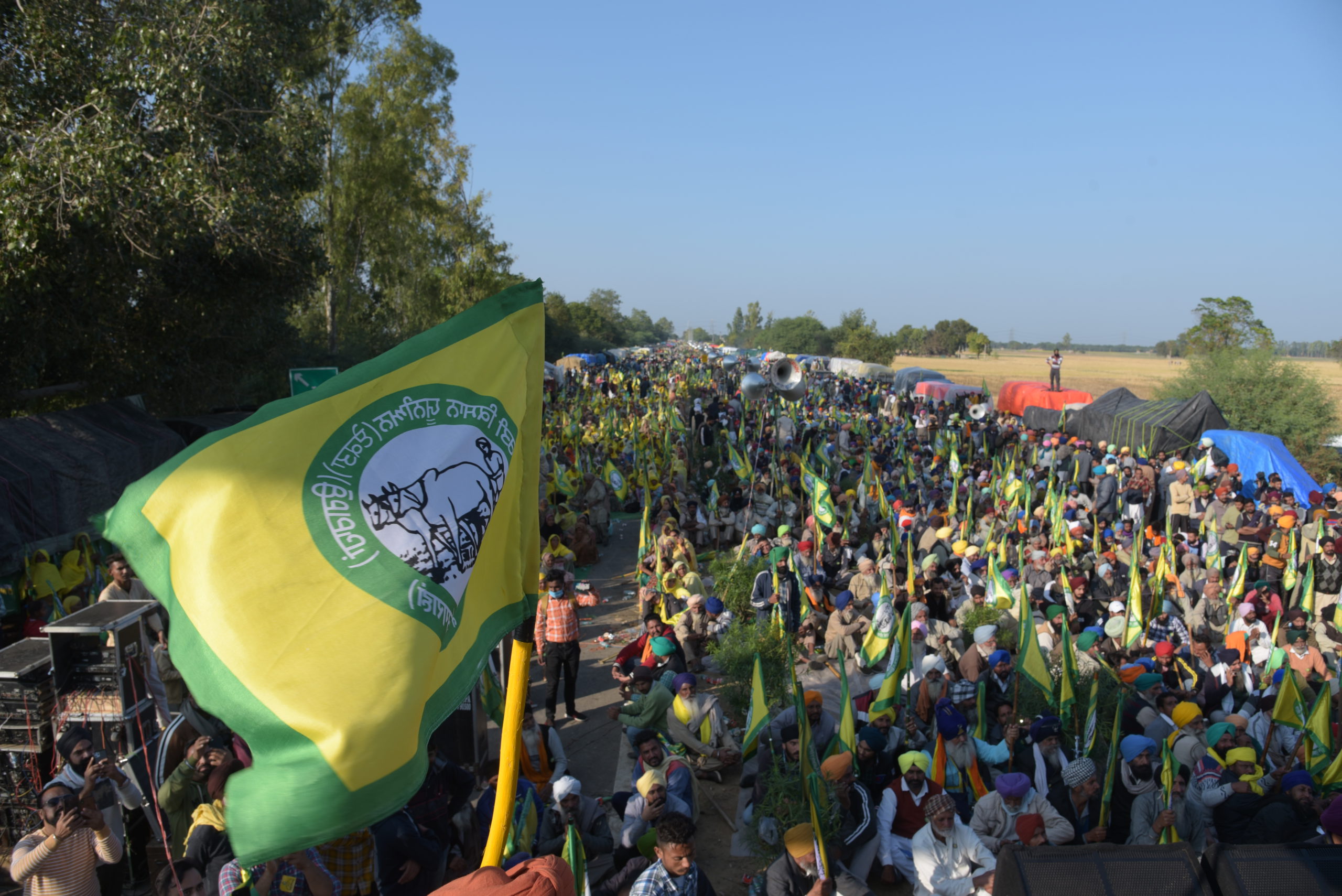In September 2020, the Parliament of India passed three bills that aimed to reform the country’s agricultural sector. These laws were protested by farmers’ unions mainly due to the lack of provisions for a minimum support price — a policy that guarantees farmers a minimum price for their produce, unaffected by market demand. Since then, massive protests consisting of thousands of people have been organized by agricultural workers, demanding that these bills be repealed.
These protests have so far claimed the lives of many people and resulted in frequent internet shutdowns and hundreds of arrests by the government. The Indian government’s response has raised concerns regarding the erosion of democratic institutions in India and the curtailing of press freedoms.
The Indian community, including the Indian diaspora in Canada and elsewhere, have had varied reactions to the protests, indicative of the increasing polarization of Indian politics since the ascension of Narendra Modi as Prime Minister in 2014.
S.H., an Indian international student who requested to remain anonymous, says the protests have further amplified political divides and have even cost them a few friendships.
“Thanks to the brainwashing done by the ‘Godi media’, meaning lapdog media, a lot of my Indian friends believe that protesting is an anti-national activity, and speaking against a party is speaking against India and its people.”
S.H. adds they are often on the receiving end of hate and slurs when they speak out against these policies.
S.H. further explains they were surprised that Sikhs in particular were being targeted by the government, “Despite seeing last year’s anti-CAA NRC protests, which were protesting Islamophobic laws, being met with violence and brutality. I was surprised that even the Sikh minority would be a target of vilification,” they say.
As the majority of the protests have occurred in the states of Punjab and Haryana, home to majority of the country’s Sikh population, Sikh farmers participating in the protests have been branded separatists by government officials, threatening to undermine support for the farmers.
Sikh-Canadians, who make up a sizable minority of the Indian community in Canada, are worried that this rhetoric may lead to anti-Sikh violence.
“I know a Sikh who regularly goes to protests and helps feed the old farmers. She’s has been speaking out about how people online have been calling for genocide against her people and calling her slurs,” S.H. says.
“I remember how horrifying it was seeing my university peers using ethnic slurs during NRC-CAA protests, it is not pleasant at all,” they continue. “This just shows how the ruling party’s niche likeable group gets smaller and smaller depending on the situation, and any opposition is hated with ferocity.”
“There’s a big fear that this protest or this agitation could end up like 1984,” B.C. resident Sukhdeep Singh told Global News, referencing the massacre of Sikhs in Delhi in 1984 after the assassination of Prime Minister Indira Gandhi.
Similar protests have sprung up in Canada in solidarity with the Indian farmers. Sikh-Canadians across the country with ties to Sikh farmers in India have called on the Canadian government to take further action and support the protesters.
Prime Minister Justin Trudeau has affirmed the farmers’ right to protest. “Canada will always stand up for the right of peaceful protest anywhere around the world, and we’re pleased to see moves toward de-escalation and dialogue,” Trudeau said according to CBC News, which may complicate an already tense relationship with Prime Minister Modi.


